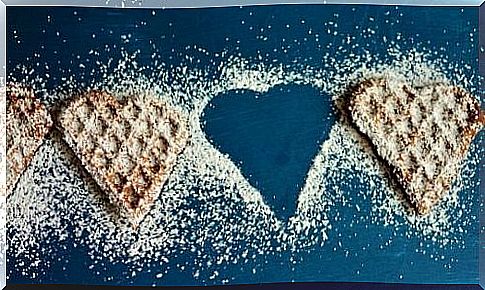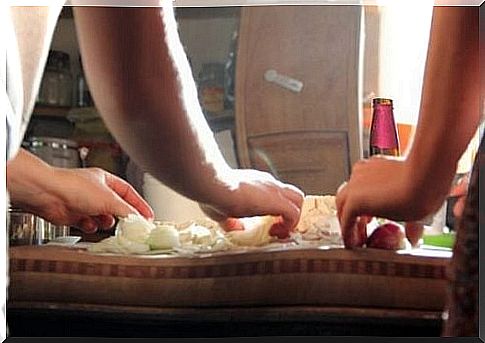Cooking Therapy: See What It Can Do To You

It’s about more than just consuming food to fill our bodies; Cooking therapy has the power to reduce stress and anxiety. Want to learn about what cooking can do for you? With all the cooking programs on TV and all the resources online, cooking has become more accessible. We learn techniques and how we can work together as a team to prepare a meal. But how can cooking be therapeutic?
Cooking and creativity
Say you have planned all your meals for the week. Suddenly it’s Tuesday and you’re missing the main ingredient for a dish you planned to make. Yuck! Do you have to get it? Will the neighbor let you use some of theirs? Here’s the solution: get creative.
Maybe the dish you make does not look quite like the one you had in mind. Or you may not get the exact amount of salt correctly the first time you make it. But learning to combine foods and play with textures and flavors can be very good for your brain.
What you may have interpreted as a setback is now a possibility. Having to change plans at short notice gives you the chance to be innovative. You unleash your imagination and get creative. It makes you more decisive, organized and efficient. So many new skills!

Cooking makes you grow
Another way of cooking is to put your patience to the test. It takes time, and no matter how much you rush to eat or serve it, you can not change the fact. To get the result you want, you have to wait and let it take the time it takes.
It also requires coordination and sensory awareness. It allows you to use your senses. Think about how smell, taste or sight can tell you where the food is in the cooking process, and how to correct it if necessary.
When you knead dough, you also use your sense of touch. To see how browned something in the oven is, use the sight. Therefore, sensory integration is an important part of cooking. And that means we focus on the present.
Cooking means cooperation and communication
Cooking in a group can be fun and very rewarding. For example, if someone has trouble delegating at work, cooking therapy comes in handy. It also provides practice in being understanding and generous to those who are used to being independent.
Sharing work is fundamental in all areas of life. This applies to tasks at home, projects at work and even a party with friends. Having good negotiation skills is important.
Cooking helps us learn how each person’s role is important in achieving a common goal. Nothing is trivial, and everything matters. Each person means something in the process of making a meal.

Cooking therapy for depression and anxiety
Psychiatric professionals especially often recommend cooking therapy for patients with depression, anxiety or elevated stress. They learn to cook, some start from scratch. Following the teacher’s instructions so they do not miss a step and learning so many new culinary techniques, helps them disconnect from their problems.
They focus on cooking, not their condition. It gives them a different perspective on what “psychological help” can be, since most people do not imagine a kitchen when they think of therapy. Cooking can be an effective part of a cognitive-behavioral therapeutic approach.
Cooking is learning
No matter how old we are, we never stop learning. The more we activate our neural networks, the less likely we are to develop degenerative diseases such as Alzheimer’s. Start cooking and stay healthy!
Learning about new foods, using new cooking techniques, trying recipes from friends and family, creating new dishes… Everything keeps the brain active. And in addition to all the individual benefits, cooking can also be a great way to bring people together.









